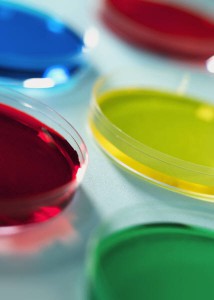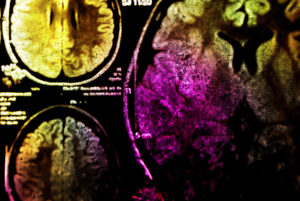
People are always looking for the next great diet in an effort to lose weight. The recently popular ketogenic diet could have some surprising benefits for patients undergoing cancer treatment.
The Warburg Effect
Cancer cells proliferate via the Warburg effect, named for the scientist who first advanced the idea. Fermentation is a process by which sugars are metabolized to provide energy for bacteria. Sauerkraut and yogurt are some of the more widely-known products of fermentation.
Unlike normal body cells, which derive their energy from mitochondria, cancer cells receive energy from fermentation of glucose within cytoplasm. When a cell starts getting energy from glucose, it can be the first sign of abnormal cell function that ultimately results in formation of a tumor.
The Ketogenic Diet: Starving Cancer Cells
A keto diet plan is low in carbohydrates and high in fat. The science behind it is based on a biological response that dates back to prehistoric times. When food was scarce, the body responded by shifting metabolic gears and using stored fat as fuel.
When the body’s supply of carbs is restricted, it shuts off the flow of glucose and other cancer-promoting fuels. As cancer cells become compromised, the body resumes its normal cellular signaling, putting the brakes on further tumor development.
The keto diet should not be considered a cure for cancer. However, it’s a valuable tool for use in conjunction with immunotherapy and other cancer treatment.
Immunotherapy and Nutrition: A Winning Combination
Good nutrition is a perfect complement for our non-toxic cancer treatment programs. Visit our website for more information about cancer vaccines and other individually created treatments.





